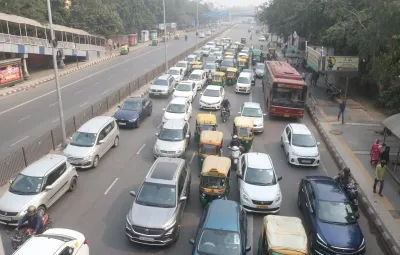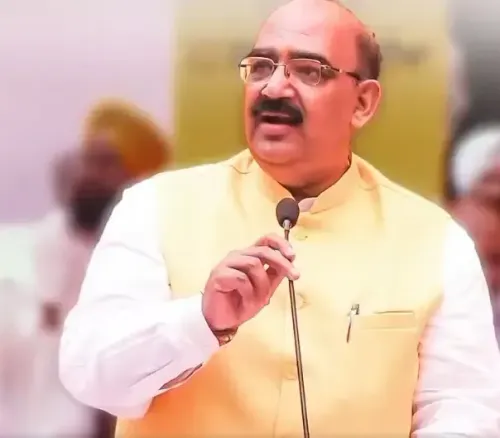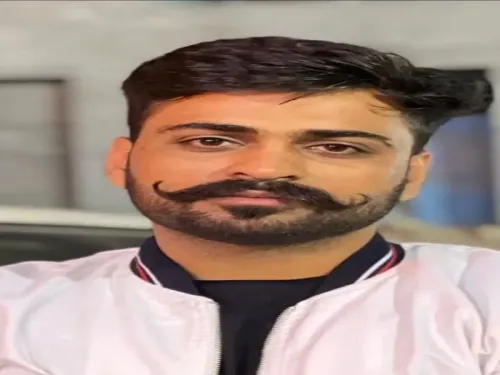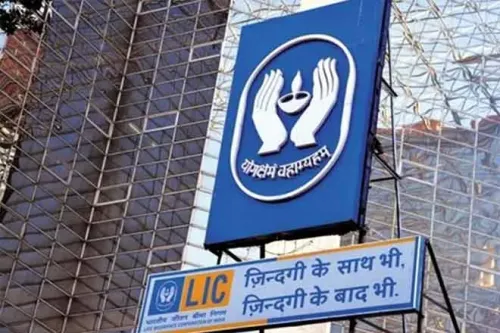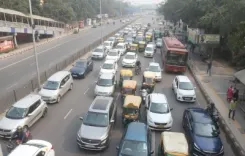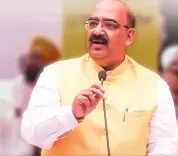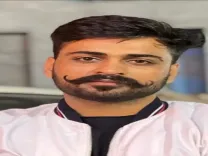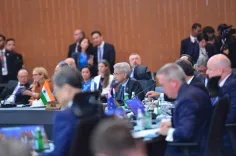Can ECI Intimidate Rahul Gandhi for Advocating Fair Elections?
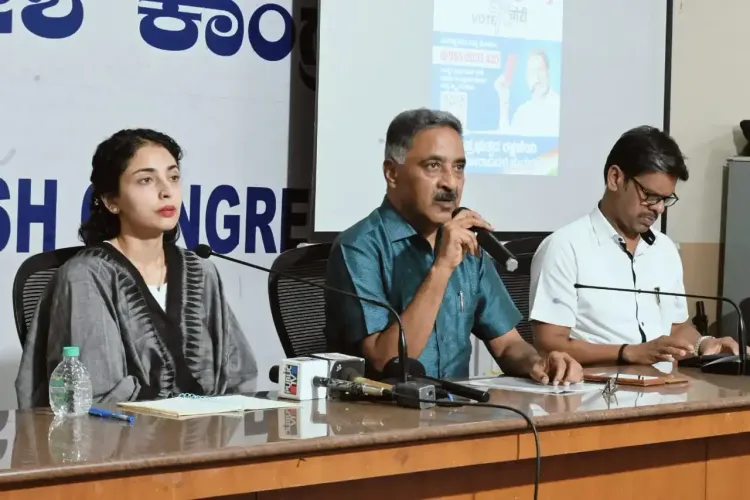
Synopsis
Key Takeaways
- Congress urges withdrawal of ECI's threats
- Significance of Article 324 and 19(1)(a)
- Supreme Court emphasizes free and fair elections
- Importance of independent audits for electoral integrity
- Role of citizens in safeguarding democracy
Bengaluru, Aug 12 (NationPress) In response to the notice issued by the Karnataka Chief Electoral Officer (CEO) to the Leader of the Opposition (LoP) in the Lok Sabha, Rahul Gandhi, the Congress party on Tuesday urged the Election Commission of India (ECI) to recognize that it cannot intimidate the LoP for advocating free and fair elections. The party has formally requested the election body to retract its comments regarding the Congress MP and to uphold citizens' rights as detailed in Article 324 and 19(1)(a) of the Indian Constitution.
During a press conference on this matter, Ramesh Babu, an advocate and the Chairman of the Media and Communication Department of the Karnataka Pradesh Congress Committee (KPCC), expressed, "As an Indian citizen and the Opposition leader of the Lok Sabha, Rahul Gandhi has the right to demand free and fair elections. The ECI should not threaten him for exercising this right."
He emphasized that the Supreme Court of India has consistently affirmed that free and fair elections are fundamental features of the Constitution.
"The warning issued by the ECI to Rahul Gandhi concerning his claims of 'vote theft' contradicts the principles of freedom of speech and the values enshrined in the Constitution. Therefore, I urge the ECI to withdraw these statements and thoroughly investigate the allegations of 'vote theft'," Ramesh Babu remarked.
He stated that it is the ECI's legal obligation to not only ensure free and fair elections but also to protect citizens who, acting in good faith and public interest, raise concerns about electoral irregularities. Any form of intimidation or threats against such individuals would infringe upon basic democratic rights and established judicial rulings.
"It is essential to publicly clarify that raising concerns about the electoral process, when done with good intentions, is a legitimate democratic act and should not result in punishment," he insisted.
According to Article 324 of the Indian Constitution, along with provisions of the Representation of the People Act of 1950 and 1951, it is the ECI's duty to conduct free and fair elections and maintain an accurate and transparent voter list.
The ECI is responsible for the oversight, direction, and management of all elections to Parliament, state legislatures, and the offices of the President and Vice-President, which includes preparing electoral rolls and conducting elections.
It is the fundamental right of every citizen under Article 19(1)(a) (Freedom of Speech and Expression) to express genuine concerns or doubts regarding the accuracy of the electoral roll or the integrity of the election process. Such actions reinforce democracy and should never result in intimidation or threats, Ramesh Babu emphasized.
LoP Rahul Gandhi has alleged significant electoral fraud, which he refers to as 'vote chori', citing over one lakh fake votes in the Mahadevapura segment of Karnataka State, purportedly achieved through duplicate entries, false addresses, and misuse of Form-6. He argues that the ECI is complicit due to its refusal to provide digital voter rolls and destruction of CCTV footage, casting doubt on the commission’s impartiality as anti-incumbency seems absent.
He called for the release of machine-readable and digital electoral rolls to facilitate independent audits, contending that the current non-digital publication (PDFs or paper lists) hinders effective scrutiny.
LoP Rahul Gandhi alleged that the ECI has been destroying crucial CCTV footage from polling stations that could substantiate claims of voter fraud, questioning the absence of anti-incumbency.
He raised concerns regarding the lack of visible anti-incumbency reflected in election results, suggesting that such trends only indicate potential manipulation.
The Supreme Court of India has reiterated that free and fair elections are a core principle of the Constitution. Article 19(1)(a) guarantees the right to freedom of speech and expression, encompassing the right to voice concerns about public matters, including electoral processes. The Representation of the People Act of 1950 & 1951 ensures that the electoral roll is accessible to the public and empowers citizens to file objections/claims for corrections.
Ramesh Babu concluded with a plea for a fair and just response in alignment with the spirit of our Constitution.

